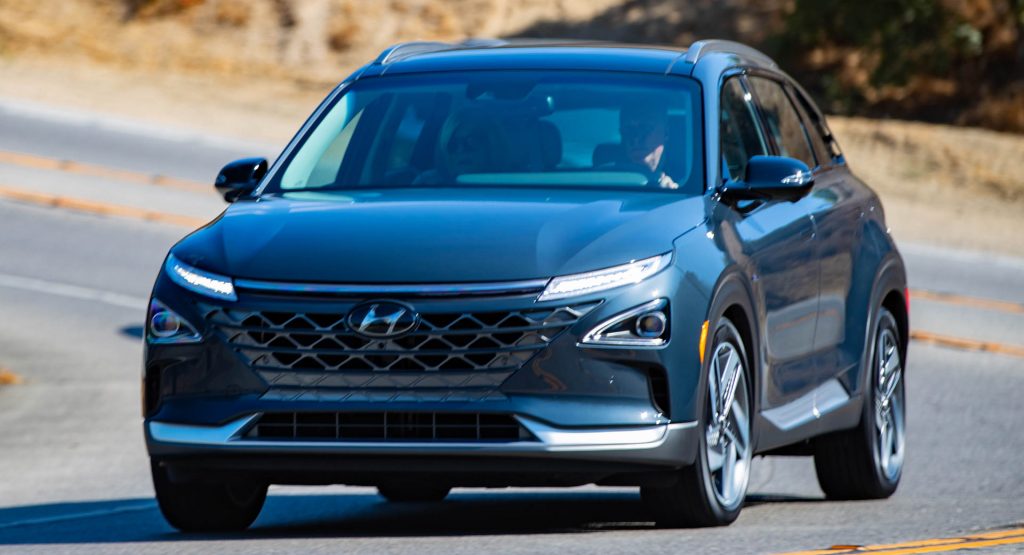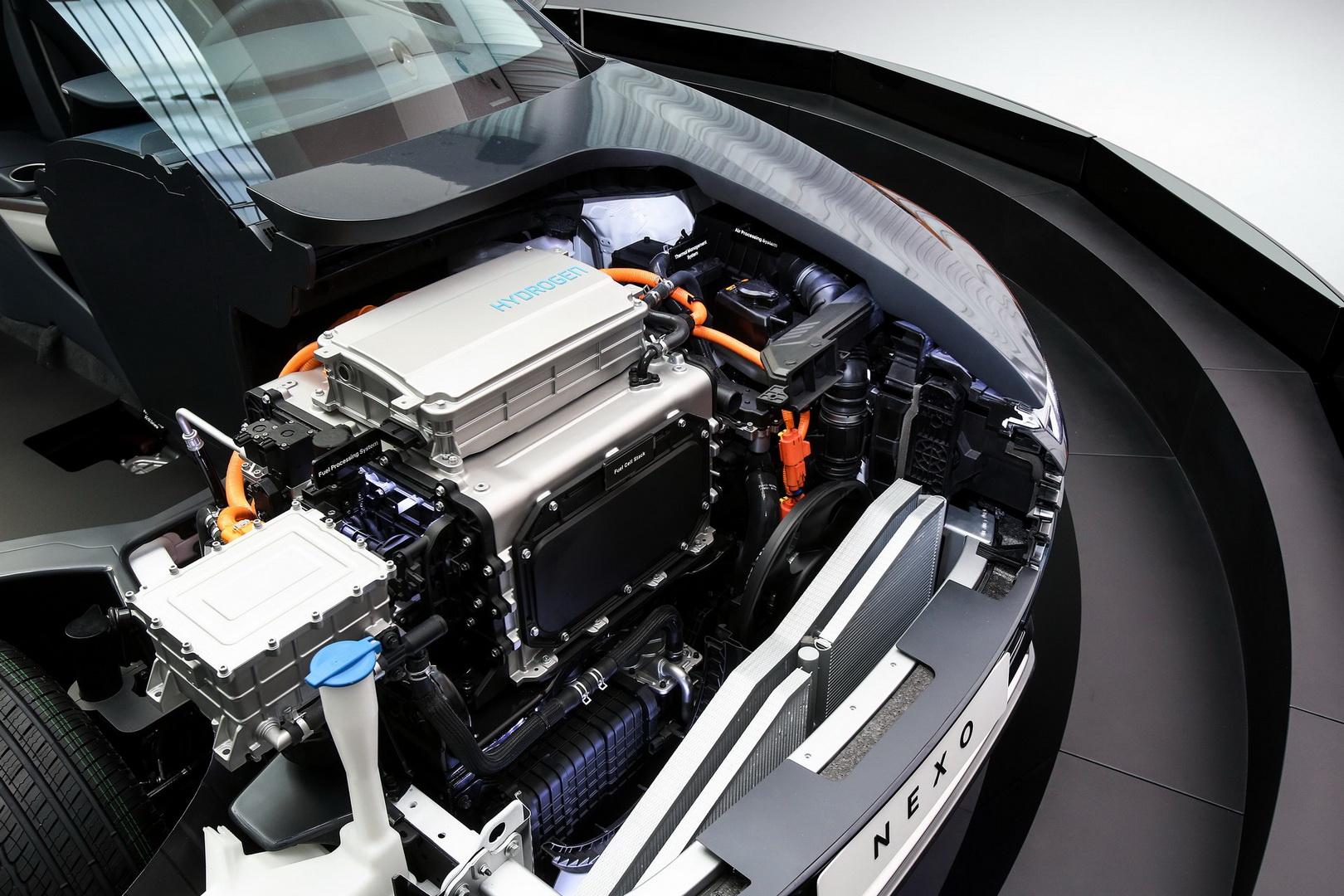As automakers embrace electric vehicles, the future looks increasingly bleak for fuel cell vehicles such as the Honda Clarity, Hyundai Nexo and Toyota Mirai.
Despite this, the Hyundai Motor Group has unveiled a new long-term plan which embraces fuel cell vehicles and aims to “accelerate the development of a hydrogen society.”
Called FCEV Vision 2030, the plan calls for Hyundai and Kia to become leaders in hydrogen technology and dramatically increase production of hydrogen fuel cells. The Hyundai Motor Group has ambitious plans and aims to produce 700,000 fuel cells annually by 2030. 500,000 of them are destined for fuel cell vehicles, while the remaining 200,000 units are slated to be used in drones, forklifts and seafaring vessels.
The company expects demand for fuel cell vehicles will significantly increase in the future to around 2 million units by 2030. In order to meet this anticipated demand, the Hyundai Motor Group and its suppliers will invest approximately $6.7 (£5.3 / €5.9) billion into the research and development of fuel cells as well as the expansion of plants that build them.
In a statement, Hyundai Motor Group executive vice chairman Euisun Chung said “We will expand our role beyond the automotive transportation sector and play a pivotal role in global society’s transition to clean energy by helping make hydrogen an economically viable energy source.” He added, “We are confident that hydrogen power will transcend the transportation sector and become a leading global economic success.”
It remains to be seen if fuel cell vehicles will become a success, but Hyundai announced plans to improve the fuel cell system that is used on the Nexo. The company also held a groundbreaking ceremony for its second fuel cell plant in South Korea. It will allow Hyundai Mobis to increase fuel cell production from 3,000 units annually to 40,000 units by 2022.










